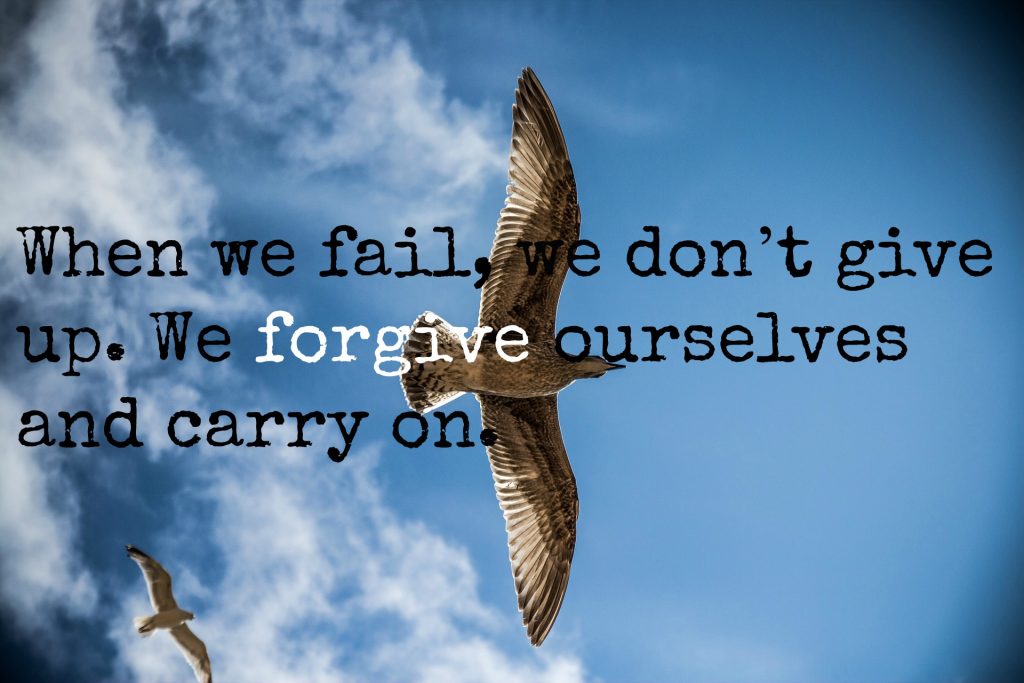Last month I shared thoughts on judgement and its effects on us. But what is the other side of judgement? Mercy. We still must decide if our actions are good or bad. Does mercy ignore bad actions and pretend they’re good?
Of course not. Mercy recognizes the wrong things we do, but allows us to get up and carry on. We don’t have to punish ourselves every time we fail. We don’t have to punish anyone else when they fail either, with words or actions. We, under the law of liberty, can extend forgiveness as Christ did to us. We are called to this, as followers of Christ.
Two verses in James concerning the law of liberty and merciful judgement connected in a way I hadn’t seen before:
“But he who looks into the perfect law of liberty and continues in it, and is not a forgetful hearer but a doer of the work, this one will be blessed in what he does.” James 1:25
“For judgment without mercy will be shown to anyone who has not been merciful. Mercy triumphs over judgment.” James 2:13
This is a description of imperfect progress. What is the law of liberty but a merciful judgement of our actions? When we fail, we don’t give up. We forgive ourselves and carry on. James also writes in chapter two that whoever sins in one portion of the law is guilty of sinning against all of it. The former law of harsh judgement crushes us before we can progress. The new law of liberty gives us freedom to stay the course.

One example of this is the rich young ruler who came to Jesus and asked what more he could do to inherit eternal life. When the young man said he had kept all the commandments, Jesus asked him to sell all he had and give it to the poor. The young man went away sad because he owned many things. This man was doing well, if he really had kept all the commandments from his youth up. But he put his possessions first, and was therefore guilty of failing the whole law.
Under the law of liberty, the rich young man could have begun to give away his things until he really had broken down the idols of his heart. But he was used to the law of judgement, and he saw only his failure. Why keep trying if there was no mercy for him?
We, on the other hand, have every reason to keep trying. Falling down shows us the merciful hand reached out to help. It reminds us to offer a merciful hand to others when they’re the ones who have fallen.
In what areas do you need mercy?
How can you extend mercy to others?